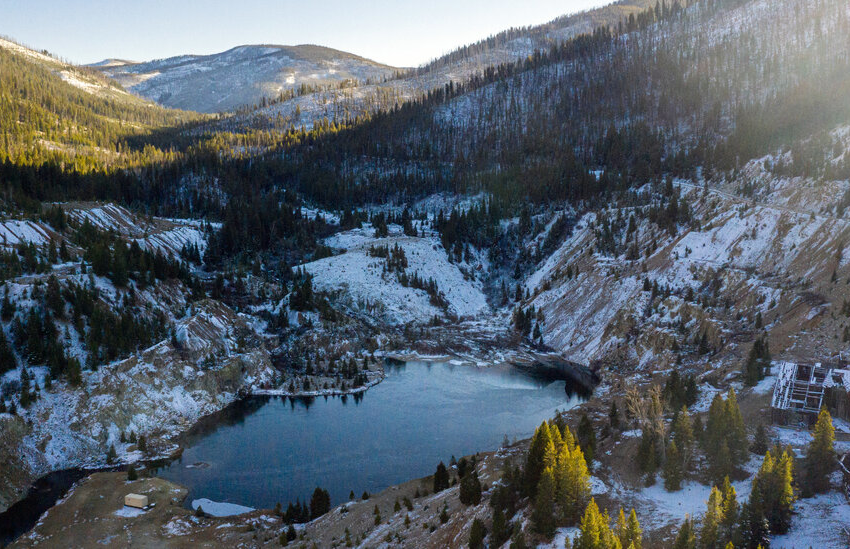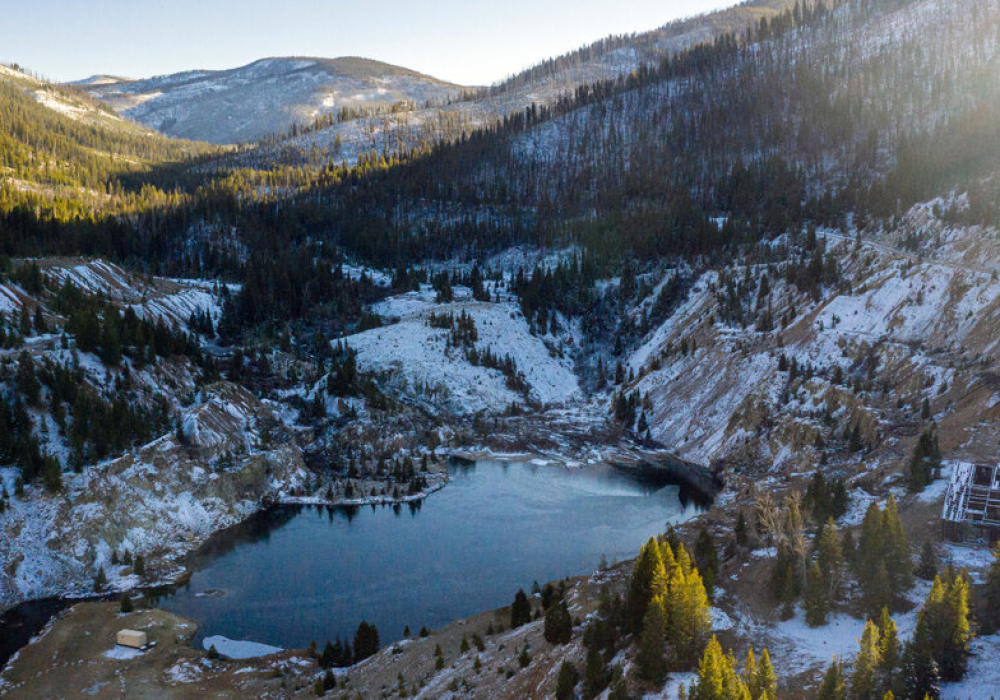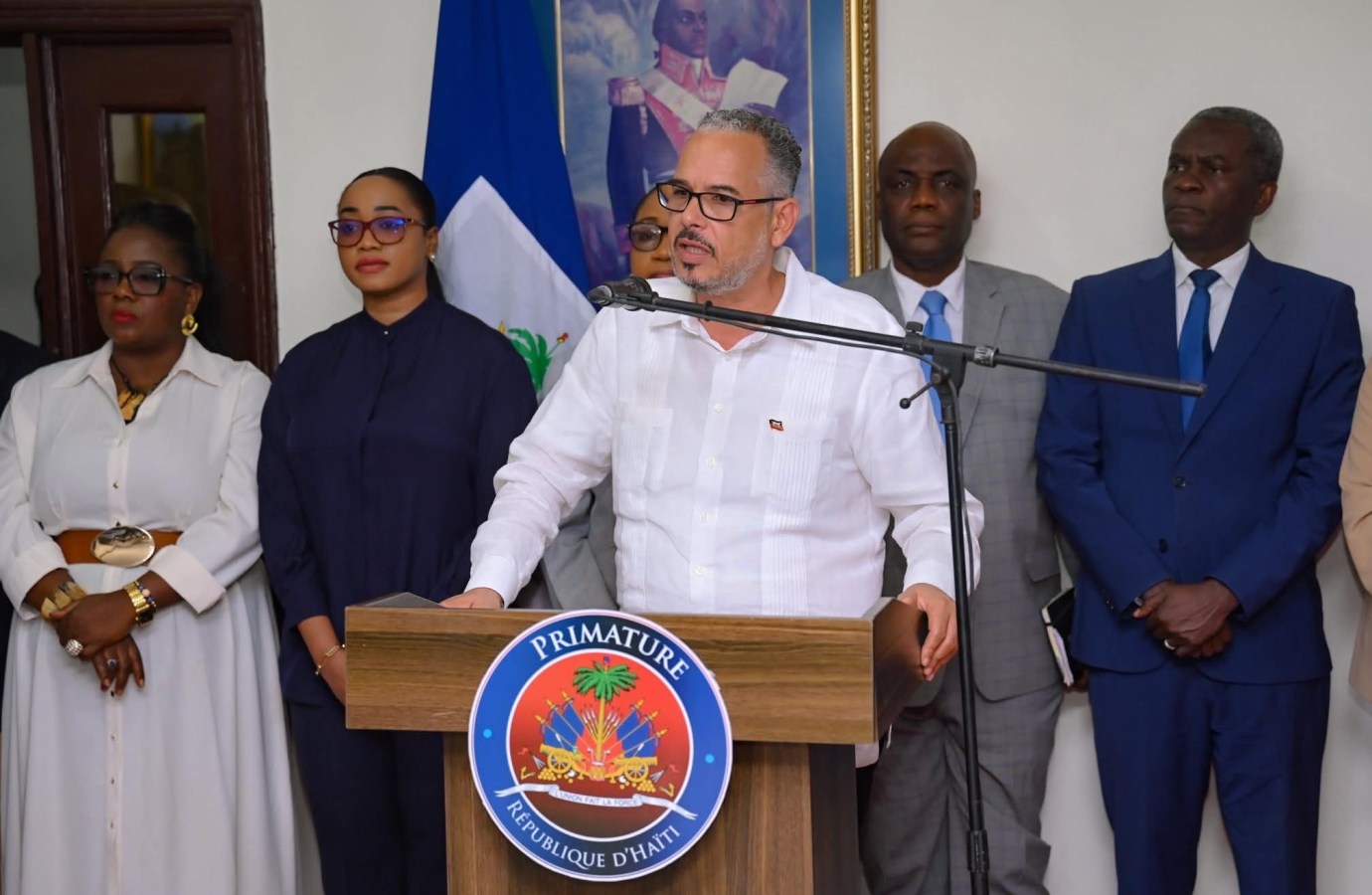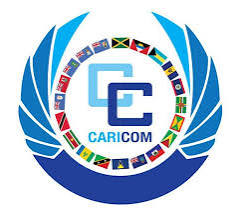Perpetua would vastly increase the footprint of the mine, digging three pits hundreds of feet deep. It would divert creeks and a river, potentially harming more than 20 percent of the area’s salmon and trout habitat, according to analyses by environmental critics. (The company disputes those assessments and says it would actually increase salmon habitat by restoring damaged rivers.) The Environmental Protection Agency has said the mine could produce mercury pollution and long-lasting contamination in the streams and groundwater.
Mining machinery on site will crush millions of tons of ore, then use cyanide to extract the gold. The waste, a contaminated sludge of 100 million tons of earth and water, will be stored in a mountain valley behind a 450-foot rock dam. Perpetua says it is a secure design, fortified by liners and a huge rock buttress, but a spill or leak could harm fragile fish populations and do long-term environmental damage.
To transport thousands of construction workers, miners and support crews to a remote site up twisting, rutted dirt roads, Perpetua plans to carve a new road on the fringes of pristine wilderness. Heavy trucks will make dozens of trips every day for years. Some residents who have watched drivers lose control and tumble down the mountains, their trucks landing in the streams, say they are terrified about the environmental consequences of a roadside spill.
A Washington lobbying campaign
Perpetua has spent hundreds of thousands of dollars wooing nearby communities and burnishing its image as a mining company that can help produce the technology to wean America off fossil fuels.
The company’s largest shareholder is the billionaire investor John Paulson, a supporter of former President Donald J. Trump, but Perpetua has reached across the aisle to lobby politicians in Washington. The company has spent $200,000 on Washington, D.C., lobbying, retaining the services of a former Obama energy-policy official and an aide to former Senator Harry Reid, a powerful Nevada Democrat with deep ties to the mining industry.
The company has also gone to unusual lengths to build support in local communities. It brought a plan to local officials promising to award grants from a nonprofit foundation it created to support community projects, with the company contributing more funds each time the project reached a new milestone — after getting federal approval, after getting final permits, after starting construction and after starting production.
Colby Nielsen, the council president in the town of McCall, said that many locals were opposed to the project, and that he felt the company’s proposal was improper.












